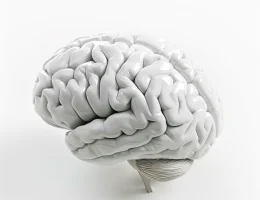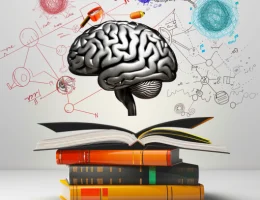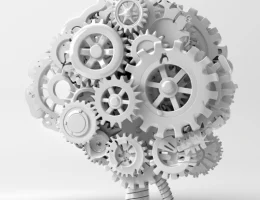This study, authored by Jaekel et al. (2019), examines the relationship between being born very preterm (VP) or with very low birth weight (VLBW), cognitive abilities, and wealth accumulation in adulthood. By tracking participants from birth to 26 years of age, the research provides key insights into how early cognitive …










